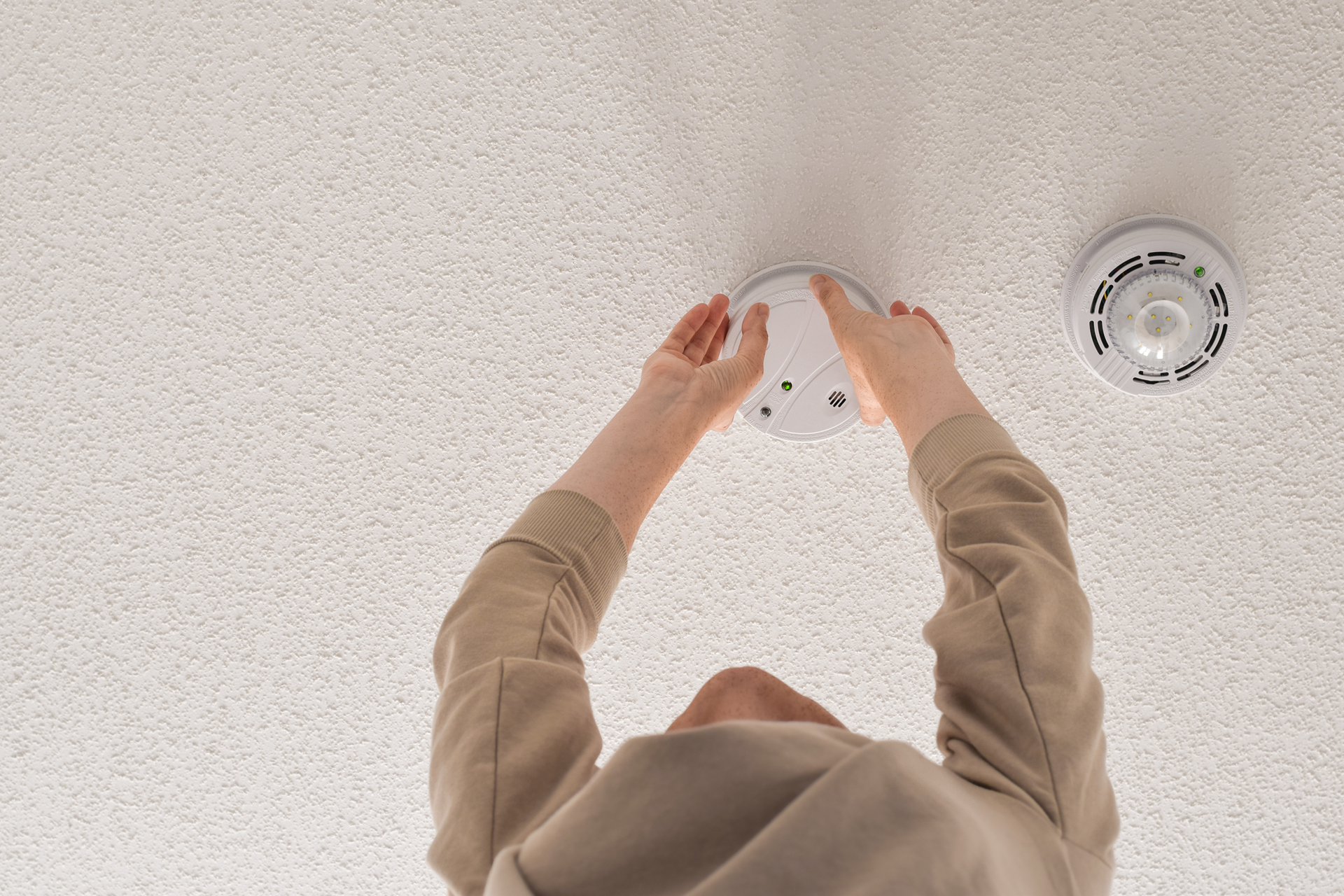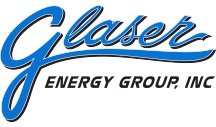Propane Safety
At Glaser Energy Group, Inc., your safety is our top priority. Propane is a safe, reliable, and efficient energy source, but like any fuel, it must be handled with care.
Below are important guidelines to help you use propane safely in your home or business.
Detecting a Propane Leak
For your protection, it is important to know how to detect a propane leak and what to do if you suspect there is a leak.
Leak Detecting Safety Tips
- Smell the Air: The most common way to detect a propane leak is by its distinct odor, which is often compared to rotten eggs. If you smell this odor near a propane tank, appliance, or piping, contact a professional for safe inspection and repair.
- Listen for Hissing Sounds: A hissing sound near your propane tank or gas lines may indicate gas escaping from a leak. If you hear this sound, it’s important to act quickly.
- Use a Soap Mixture: Mix water and dish soap in a spray bottle, then spray it around the propane tank, hose connections, and any areas where leaks may occur. If there is a leak, you will see bubbles forming at the site of the leak.
What to Do if You Smell Gas
If you suspect a propane leak, act immediately:
- Do not use lights, appliances, or phones — avoid anything that could cause a spark.
- Extinguish all flames and leave the area immediately.
- Shut off the gas supply at the leak, if it’s safe to do so.
- Call us or your local emergency services from a safe location.
- Do not return until your system has been inspected and cleared by a qualified technician.
Carbon Monoxide (CO) Safety
Carbon monoxide is a colorless, orderless gas that can be produced by propane appliances that aren’t functioning properly or are not ventilated correctly.
Systems of CO exposure include:
- Headache
- Dizziness
- Nausea
- Fatigue
- Shortness of breath
To protect your household:
- Install CO detectors near sleeping areas and check them regularly.
- Make sure propane appliances are serviced and vented properly.
- If you suspect carbon monoxide, leave the area immediately and seek medical help.

Frequently Asked Questions
What does propane smell like?
Propane has a strong order added to it, similar to rotten eggs or sulfur. This helps alert you to possible leaks.
Can I relight my pilot light myself?
For safety, we recommend calling a trained technician. Incorrect relighting could result in fire or explosion. If you do relight a pilot, always follow the manufacturer’s instructions carefully.
Do I need carbon monoxide detectors?
Yes. CO detectors are strongly recommended in every home that uses propane appliances. They should be tested regularly and replaced as needed.
Why is running out of propane dangerous?
Running out of gas can cause system malfunctions or become a fire hazard. Additionally, a safety leak test is required before your tank can be refilled, and appliances must be checked and relit by a technician.
How often should my propane system be inspected?
We recommend having your system professionally inspected and serviced once a year to ensure everything is working safely and efficiently.
Is propane safe for indoor use?
Yes, when used with properly installed and vented appliances. Never use outdoor propane appliances, like grills, generators, or portable heaters, indoors.
What should I do if my propane tank runs out?
Do not attempt to refill or restart appliances yourself. Contact us so a technician can perform a required leak test and safely relight your appliances.
Can I store propane tanks inside?
No. Propane cylinders should always be stored upright and outdoors, in a well-ventilated area away from heat sources.
For more information on safe propane practices, we recommend checking out the helpful resources below. These short videos, provided by the Propane Education & Research Council (PERC), cover everyday propane safety tips for your home, business, and equipment.
Contact Us to Learn More!
Have additional questions about propane safety?
Call us at one of
our three locations and we would be happy to answer your questions!





